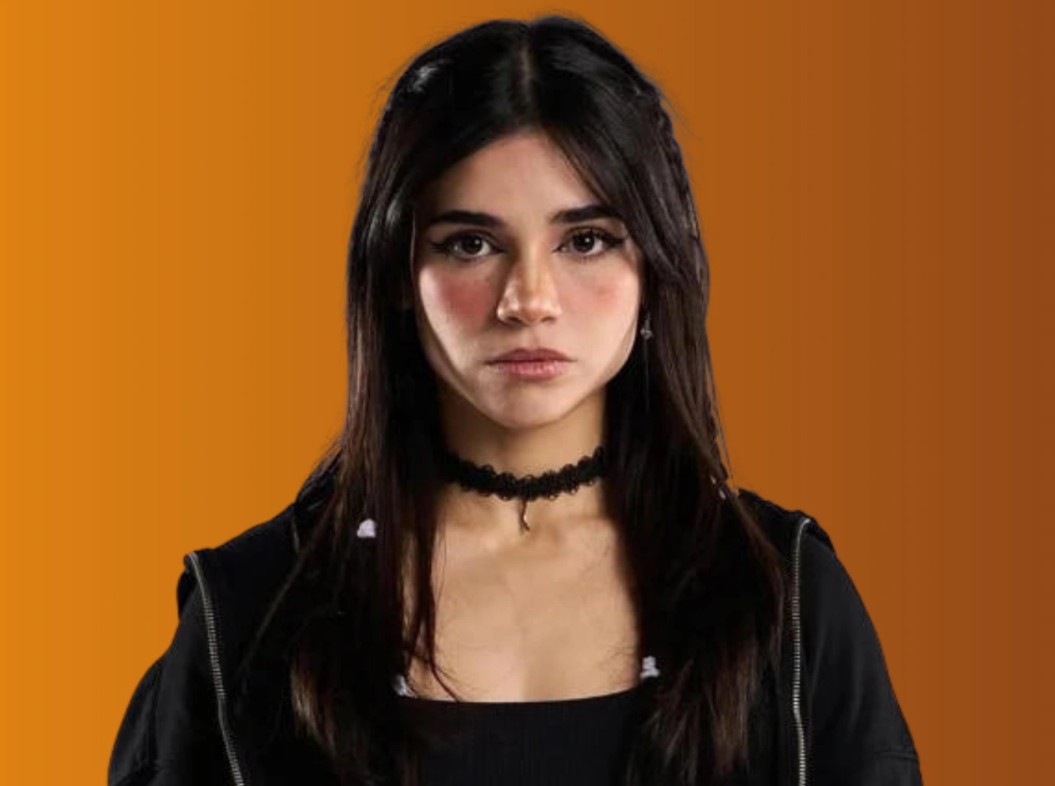Alana Flores Video and Privacy in the Digital Age
In an age where privacy is increasingly fragile and digital exposure can happen in an instant, public figures often find themselves at the center of controversy sometimes without their consent. This appears to be the case with Alana Flores, whose name recently became the subject of intense speculation and media chatter following the leak of what is alleged to be an intimate video. The incident, while still surrounded by rumors and incomplete information, has stirred significant online discussion and raised important questions about digital ethics, privacy rights, and the cost of internet fame.
Content
The Leaked Video Incident
The controversy began when whispers started circulating on social media platforms particularly Twitter, Reddit, and Telegram about the existence of an intimate video allegedly featuring Alana Flores. Initially shared through private groups and later picked up by gossip pages, the clip was said to show Flores in a compromising or private situation. Though the origin of the video remains unclear, it appears to have been distributed without her consent.
Leaked video of Alana Flores
Uncensored leaked video of Alana Floresa
What followed was a wave of speculation, with users attempting to verify the authenticity of the video. Some claimed to have seen it, while others questioned whether it was even her. Despite the video’s circulation, no official confirmation from Flores or her representatives was issued at the time of writing. Her silence fueled further discussion was it a deliberate strategy, a legal precaution, or simply an emotional response to a traumatic event?
Who Is Alana Flores?
Before the controversy erupted, Alana Flores had carved out a growing presence online. Known for her vibrant personality and engaging content, she had amassed a respectable following across platforms like TikTok and Instagram. Whether it was through lifestyle videos, beauty tips, or trending challenges, Flores had built a connection with her audience, largely seen as a relatable young woman navigating digital culture. For many, she represented a new generation of influencers who combine personal authenticity with an entrepreneurial mindset in the online space.
Public and Media Reaction
As with most viral leaks involving public figures, the reaction was swift and divided. On one side, some internet users were quick to sensationalize the incident, reposting content or dissecting it for clicks and views. On the other side, many fans and digital rights advocates defended Flores, calling out the violation of her privacy and denouncing those spreading the video.
Major news outlets largely avoided reporting on the leaked content, adhering to editorial standards meant to protect victims of non-consensual exposure. However, gossip blogs and influencer drama pages covered the story with varying degrees of sensitivity, often blurring the line between reporting and exploitation. On social media, hashtags related to the video trended intermittently, while others emerged in support of Flores, such as #IStandWithAlana and #RespectPrivacy.
Emotional and Psychological Consequences
For those who have never experienced such a breach, it’s difficult to grasp the emotional toll it can take. The unauthorized circulation of intimate content can be devastating, especially for women, who often face disproportionate scrutiny and shaming. Victims of leaks frequently report feelings of humiliation, anxiety, and depression. Some withdraw from public life entirely, while others try to reclaim their narrative through legal or social means.
If the video is indeed authentic and involved Flores, she is now dealing with a situation no one should ever face being stripped of control over her own body and image in the public eye. Since the leak, there have been noticeable changes in her online activity. Observers have noted that she deleted several posts and went silent on her usual platforms. These actions may signal the emotional burden she is carrying or a strategic pause to assess her legal options.
Legal and Ethical Dimensions
In many parts of the world, distributing intimate content without consent commonly referred to as “revenge porn” is a punishable offense. Laws vary by jurisdiction, but the act is broadly recognized as a form of sexual exploitation and digital abuse. If Flores chooses to pursue legal action, she may be able to identify and prosecute the original source of the leak, depending on the available digital evidence.
Ethically, the situation brings up recurring questions about internet behavior: Why are people so quick to consume leaked content? What responsibility do platforms have in stopping its spread? Despite terms of service that prohibit non-consensual material, enforcement is inconsistent. Even after removal, copies often persist in dark corners of the web, leaving victims in a perpetual state of exposure.
Consumers of this content must also confront their complicity. Watching or sharing a leaked video whether out of curiosity or malice makes one an active participant in the violation of another person’s dignity. The ethical standard should be simple: if it’s not yours, and if it wasn’t shared consensually, don’t look, don’t share, and don’t enable.
A Bigger Picture: Leaks and Digital Culture
Unfortunately, what happened to Alana Flores is not an isolated incident. In recent years, many influencers, celebrities, and even private citizens have fallen victim to similar leaks. From cloud hacks to malicious ex-partners, the methods vary, but the result is always a severe intrusion into personal life.
The obsession with scandal and voyeurism online contributes to a toxic culture that prizes virality over humanity. In this context, even those who live much of their lives online are not truly safe. The assumption that public figures “signed up” for this kind of exposure is both unfair and dangerous. Consent matters even more so when it comes to intimate material.
Advocacy and Support for Victims
There are organizations and advocacy groups dedicated to supporting victims of digital abuse and non-consensual image sharing. Groups like the Cyber Civil Rights Initiative and Without My Consent offer resources for those who have experienced image-based sexual abuse. These organizations help victims navigate legal options, emotional recovery, and digital cleanup strategies.
Education is also crucial. Young people growing up in the age of TikTok and OnlyFans need to understand the importance of digital boundaries and consent. Schools and families must have open conversations about online ethics, and tech companies must do more to prevent and respond to abuse on their platforms.
The alleged leak of an intimate video involving Alana Flores is a disturbing reminder of how fragile digital privacy can be. Whether the video is real or not, the mere allegation is enough to cause real damage to a person’s reputation, mental health, and sense of safety. It is a wake-up call not just for content creators and influencers, but for all of us who participate in the digital ecosystem.
As users, we need to be more conscious of the content we consume and share. As a society, we must advocate for stronger protections, harsher penalties for perpetrators, and a culture shift toward empathy and respect.
The internet can be a place of connection, creativity, and growth but only if we treat each other with dignity, even when anonymity tempts us otherwise. For Alana Flores and others who have been affected by similar violations, healing may take time, but they deserve compassion, not condemnation.
Daily Hot News -Stefon Diggs Video and Over Alleged Pink Substance
Jax Taylor Ring Camera Video Revealed by Lala Kent
Macron Shove Video Uproar: Viral Video of Macron and Wife
Daisha Baby Shower Video and Brutally Attacked
Eugenia Cooney Collapse Video Sparks Outcry
Valeria Marquez Shooting Video at Zapopan and Viral Reddit, Twitter, Instagram
Tyre Nichols Video and Detailed Breakdown



